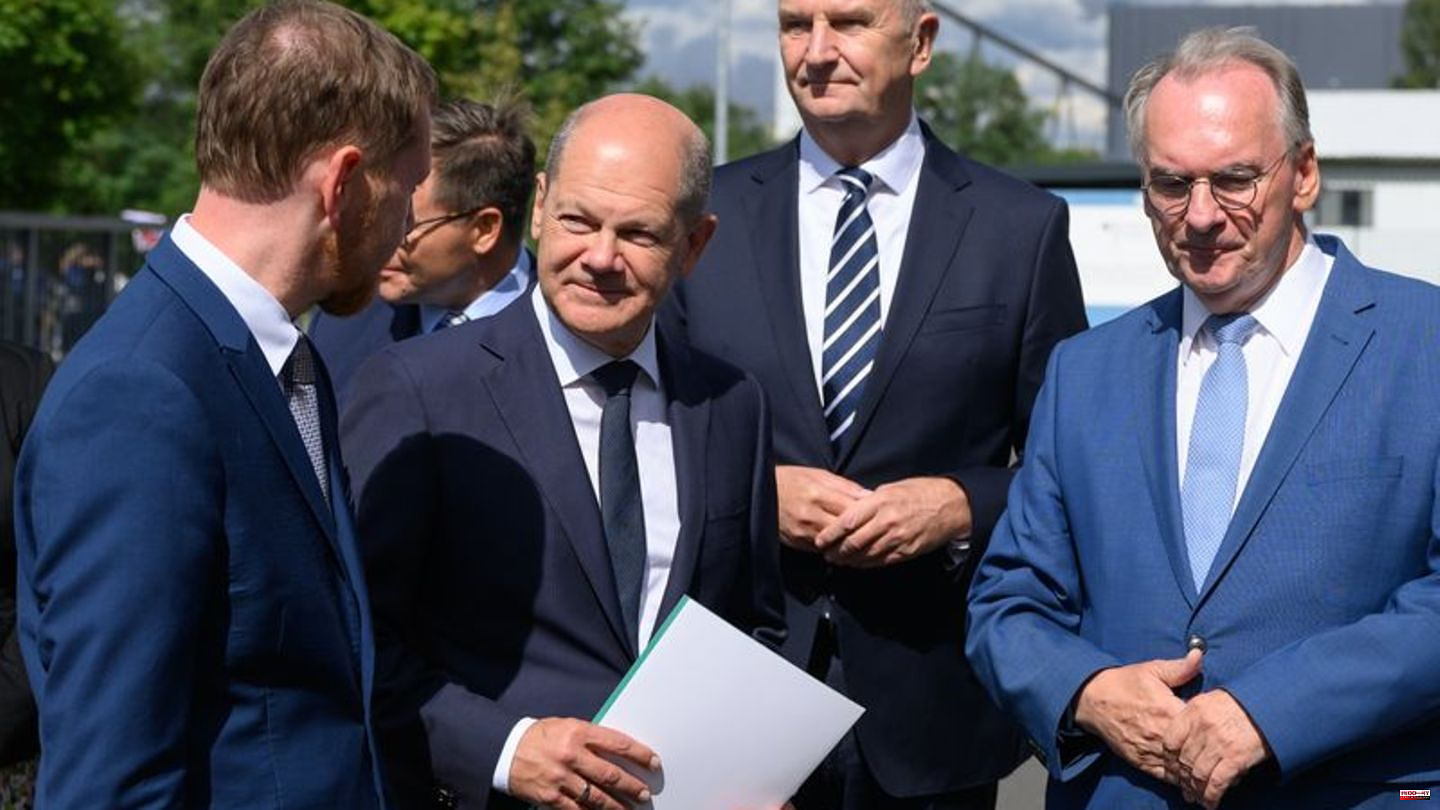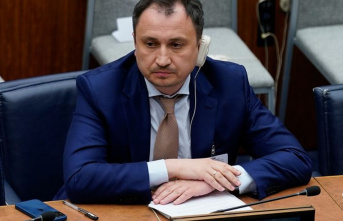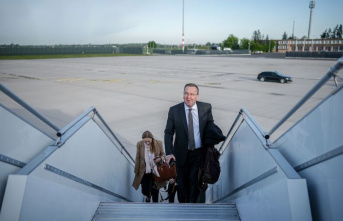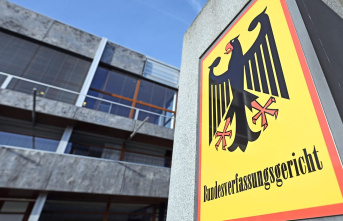Chancellor Olaf Scholz (SPD) and the prime ministers of the eastern German lignite states of Brandenburg, Saxony and Saxony-Anhalt have drawn a positive interim balance on structural change in the affected regions. At a meeting in the Schwarze Pumpe industrial park in Spreetal on Friday, Scholz reaffirmed the government's determination to expand renewable energies. "We really want to speed things up (...) "We want to remove all the obstacles, all the difficulties that we identify."
At the beginning of the year, the government began to make the accelerated expansion of renewable energies possible through legislation. Work on it will continue until the end of the year. "We're changing that right now, so the pace will accelerate and then we'll see how far we can get," said Scholz. "Our ambition knows no bounds." Hardly anyone can understand that the approval of a wind turbine today takes six or eight years.
In view of the problems caused by Germany's dependence on Russian gas, good and secure energy production in Germany is "of the utmost importance". Scholz also emphasized the opportunities for the coal regions affected by structural change. Everyone is counting on "that the most modern technologies associated with renewable energies, with the production of hydrogen, are also being developed in our country, that corresponding production capacities are being created there, that this is also the case right here in these regions". said Scholz.
Saxony and Saxony-Anhalt want to phase out coal by 2038
It is of the utmost importance "that the promises made by our entire country, but also by the heads of government of the countries, are actually implemented". Above all, it depends on good, secure jobs in the regions undergoing structural change. That is why attention was paid to starting the structural change in good time. "You can say it succeeds," said Scholz. "A good meeting, a good interim result, but also an incentive to work hard for the future," was his conclusion.
In the past, the Prime Ministers of the three East German coal states, the two CDU politicians Michael Kretschmer (Saxony) and Reiner Haseloff (Saxony-Anhalt) and Brandenburg's Prime Minister Dietmar Woidke (SPD) had repeatedly called for more speed and commitment in the structural change process, for which the federal government spends billions of euros.
On Friday, Kretschmer and Haseloff explicitly referred to the coal phase-out agreed for 2038. The traffic light in Berlin had formulated in its coalition agreement that the exit would “ideally” be realized as early as 2030. It is important to keep the existing capacities in the network right now so that another shortage does not arise, says Haseloff. "This timing is also important for us because many measures of the Structural Funding Act serve to make chemistry fit for the future in our country (...)." This requires a secure energy supply and competitive prices.
Kretschmer thanked Scholz for the fact that "the boss had made an announcement" and that the things discussed were valid. However, it remained unclear what Kretschmer was referring to specifically. The State Chancellery of Brandenburg's Prime Minister Woidke in Potsdam had previously pointed out that the energy supply had changed significantly as a result of the Russian war of aggression against Ukraine and the shortage of energy supplies.
Scholz does not name a date
When asked, Scholz did not specifically refer to exit data. He said that if we succeed in having sufficient capacity for generating energy from renewable energies and entering the hydrogen economy, "then the need for other generation capacities will also be put into perspective". And Scholz added: "But that was always the case, and it can be read very clearly from the coalition agreement."
According to SPD politician Carsten Schneider, the federal government's representative for Eastern Europe, the federal government stands by its word. The 40 billion euros for all German lignite regions is the largest investment by the federal government in the coming years. There is a break with the previous funding policy. As evidence he cited the rail connections and the large research facilities. "That will give a real boost again."
On Friday, around 80 trainees from the Leag energy company and members of the mining, chemical and energy industrial union were stationed at the site of the event, the Dock3 start-up center in the Schwarze Pumpe industrial park. Scholz got out of the car when he arrived to talk to people. Uwe Teubner, Chairman of the Leag Group Works Council, had previously taken a position. Germany is in the middle of the worst energy crisis in its history. He said: "Therefore: stop the absurd and negligent discussion about bringing the coal phase-out forward to 2030. Hands off the coal phase-out law. 2038 must apply."












